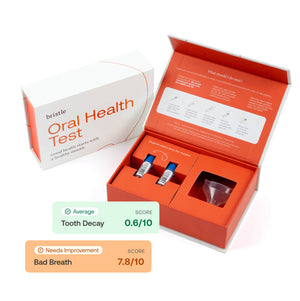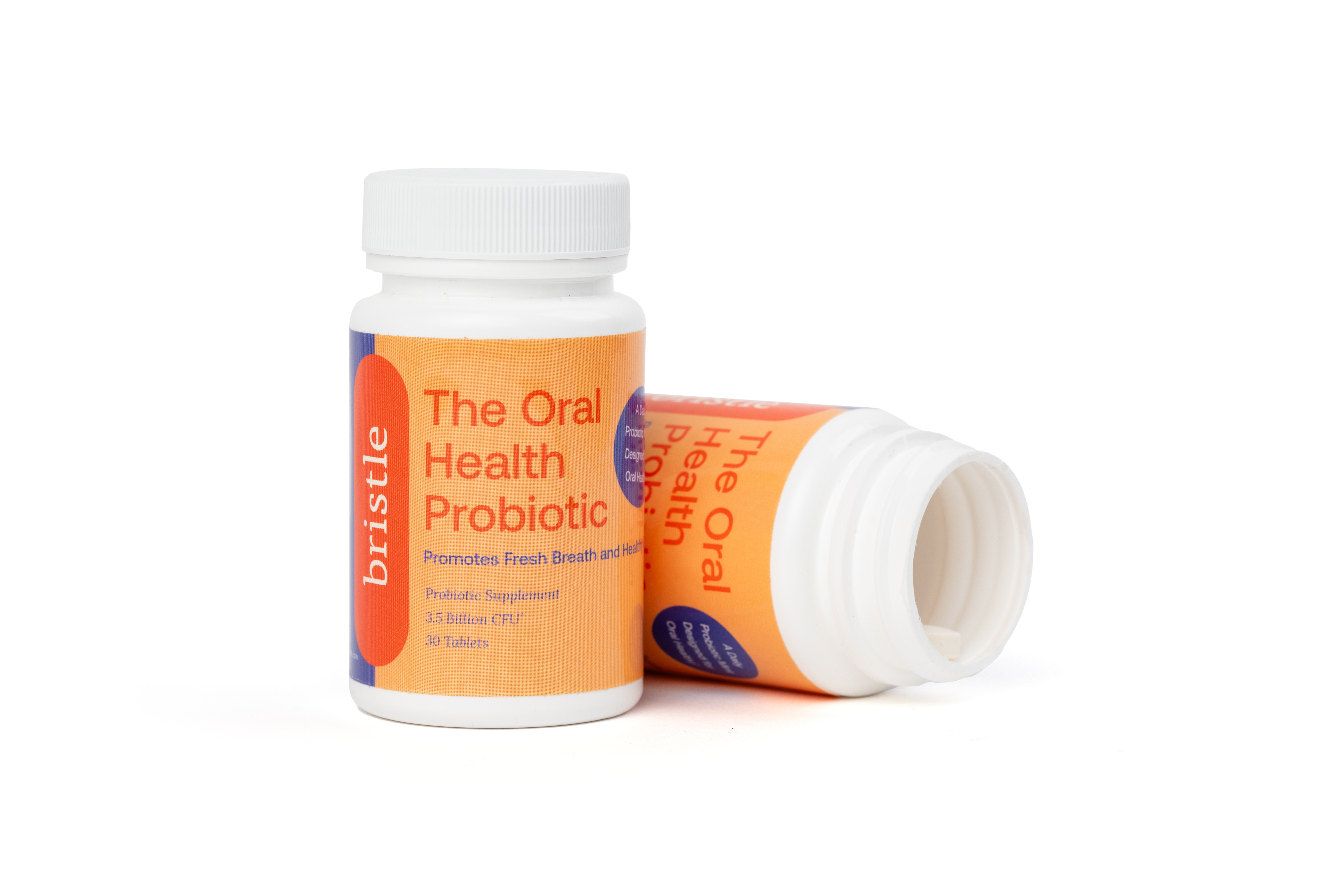Do you really need teeth cleaning every 6 months?
Conventional wisdom states that we should see a dentist every 6 months for teeth cleaning, but is there evidence to back this up?
In this article, we’ll cover what happens in teeth cleaning, what the research and experts say, and what other factors may influence how often you need teeth cleaning. We’ll first explain why a teeth cleaning is needed, which will help explain why you may or may not need one.
Why do I need to get my teeth cleaned?
Professional teeth cleanings are required to remove the build-up of plaque on our teeth. But what is plaque, and why can’t it be removed at home?
What is dental plaque?
You’ve probably heard about the plaque (also called tartar) that forms on our teeth over time. Plaque is actually what’s known as a biofilm, which is a layer of different bacteria that stick to our teeth.
This biofilm begins when certain bacteria stick onto the surface of our teeth to feed on the sugars and carbohydrates in the food we eat. They convert these sugars into an acid that lowers the pH of our mouths and allows them to multiply and spread. This acid also erodes the enamel in our teeth, leading to tooth decay and cavities.
As more bacteria join the party, they release adhesive chemicals (like glue) that form a tighter bond with our teeth, making them harder to remove. They also release other byproducts, known as exopolysaccharides, that harden the exterior of the biofilm, which we know as tartar or dental calculus.
Essentially plaque serves as a base for cavity and gum disease-causing bacteria to hide inside. The longer these bacteria are able to grow and fortify their base, the harder it becomes to remove them. While hiding in their base, they will continue to release acid and toxins that lead to cavities and gingivitis or periodontitis.
This is why it is essential to brush your teeth and floss regularly because the process of disturbing the biofilm on your teeth prevents the bacteria from accumulating and developing into a hardened plaque.
How is plaque removed?
The hardened exterior and stickiness of plaque make it nearly impossible to remove by brushing flossing alone, which is where dental cleanings come in.
During a cleaning, a dental hygienist will use a scaler tool (the sharp hook tool) to physically remove the built-up plaque on your teeth. They will then use a polish to clean the surface of your teeth further and smooth our patches of rough texture to prevent bacteria from sticking to them. This process is known as scaling and polishing.
So how often?
What the research says
In 2005 the Journal of Evidence-Based Dentistry reviewed 8 randomized clinical trial studies on the benefits or adverse effects of regular teeth cleanings. Unfortunately, they found that all 8 studies had a high risk of bias, and the conclusions were mixed.
Two of the studies looked at if the scaling and polishing procedure led to any difference in gum (periodontal) health. The evidence was again weak, but one study that evaluated effectiveness at 6, 12, and 22-month visit intervals found the differences to be clinically irrelevant.
Two other studies compared the difference between receiving teeth cleanings on a fixed interval versus on an ‘as needed’ basis, determined by bacteria levels in the patient’s mouth, and showed no differences.
In the commentary of the review, the author noted that more unbiased studies should be completed and that individual risk factors (ex. age, diet, lifestyle habits) may be a better determinant of cleaning interval need.
What the experts say
In 2013 the American Dental Association released a statement on the frequency of patient visits. They cited a study from the University of Michigan that explored the impact of dental visits in patients with, or without, individual risk factors like smoking and diabetes.
They concluded that “high-risk patients would likely benefit from more frequent dental visits, while low-risk patients may see the same benefits from only one cleaning per year.”
The ADA added that the key takeaway is “that personalized oral care is a necessity for good dental health” and encouraged patients to work with their dentist to determine their risk and visit cadence.
Similarly, the National Health Service in the UK states that higher-risk patients may need visits every three months, but people with good oral health will probably only need a visit every 1-2 years.
Conclusion
There is no “one-size-fits-all” approach to how often you should get your teeth cleaned. People with good oral health and few individual risk factors will likely only need a cleaning every 1-2 years. People with a history of dental issues or personal risk factors may need cleanings on a more frequent basis. You should work with your dentist to understand what cadence works best for you.
Below is a list of personal risk factors that may influence your required cadence for teeth cleaning.
The Bristle oral health test measures the levels of disease-causing bacteria in your mouth to determine your risk level for cavities and gum disease. You can learn more about the Bristle test here.






